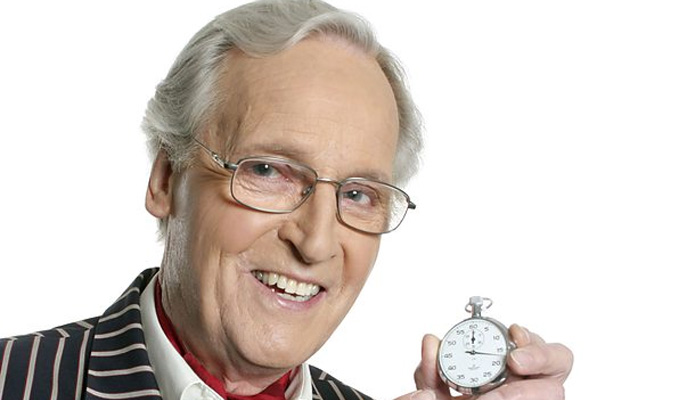
The neuroscience of Just A Minute
Researchers probe the secret of success
Just A Minute is to be the subject of in-depth scientific research.
Researchers at University College London want to explore what makes some people better at the task of speaking for 60 seconds without repetition, hesitation or deviation than others.
They are seeking comedians to volunteer for the study, which will involve recreating the Radio 4 challenge – but while inside a MRI brain scanner.
The scientists are trying to determine what makes the minds of adept public speakers different from everyone else, and will use stand-ups as they are used to speaking fluently without a script. Broadcasters and barristers will also be studied.
Research will be carried out by the neuroscience of language group within UCL's experimental psychology department.
The team say: 'Typical speech involves many ums and ahs, starts and stops, and lots and lots of repetition.
'As adults we are all experts with language; we've put in the 10,000 hours (and more) that we need to earn that expertise, but even so, some people just seem more fluent than others. How come some people are born raconteurs while others struggle to speak in front of an audience? At the moment, neuroscience can't answer this question, but we aim to change that.
'Neuroscience research often focuses on what goes wrong in the brain… but very little attention is given to understanding what goes right in people with extraordinary abilities.
'This study will help to answer whether these gifts are innate or are a product of hard work and long practice, and will help to reveal what gives humans our unique ability to use language.'
More information is available on their website
Published: 19 Jan 2015






